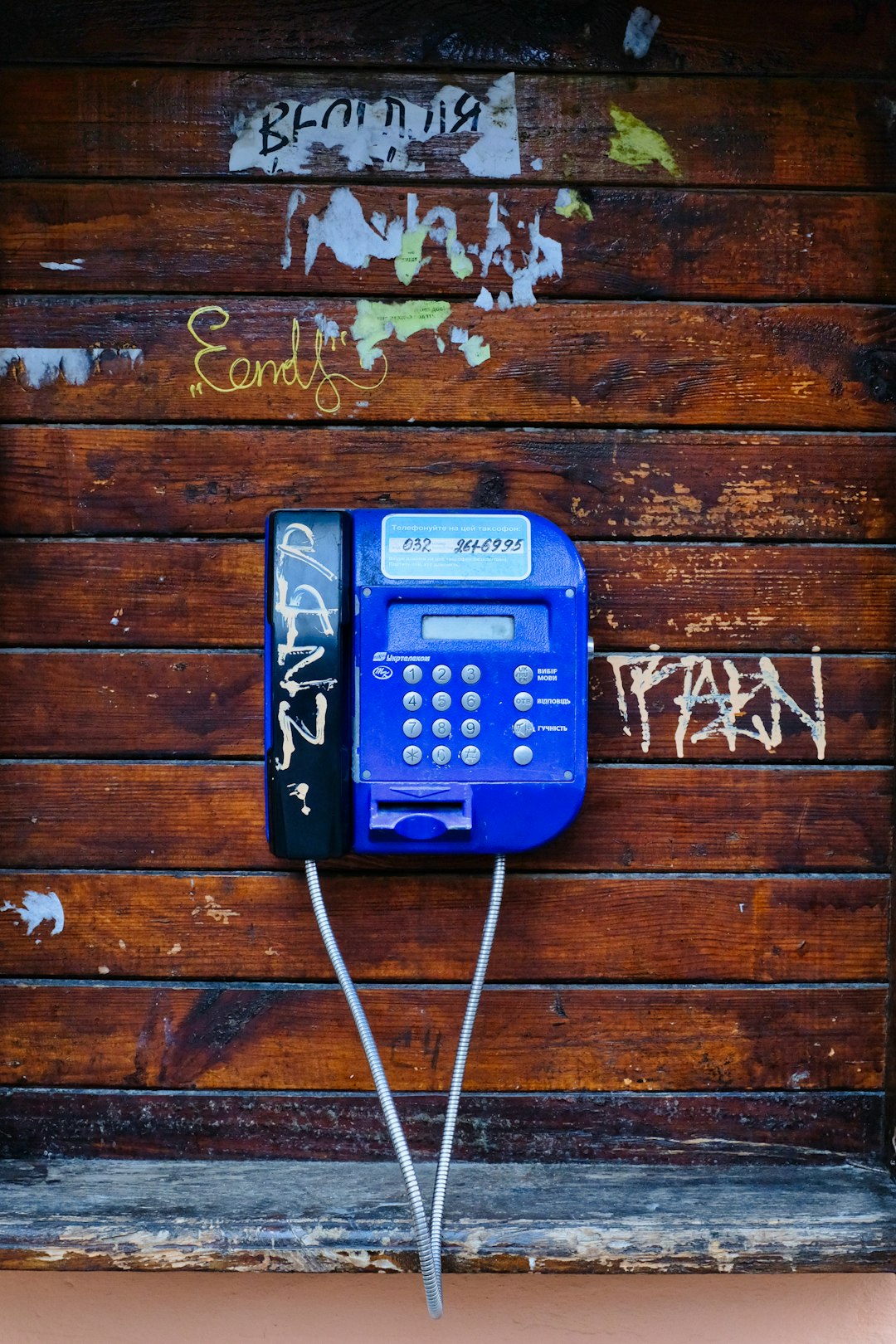Houston's strict spam text laws protect residents from unwanted commercial messages by defining spam as bulk messaging without prior consent. These regulations empower consumers, ensuring marketing practices respect privacy and offer clear opt-outs. Violators face penalties, encouraging recipients to report spam texts and aiding law enforcement in enforcing the rules. The implementation of these laws has significantly influenced businesses, leading many to adopt more ethical marketing strategies centered around genuine customer connections rather than mass unsolicited communication.
Houston’s anti-spam text laws are designed to safeguard residents from unwanted and intrusive messages. With a focus on consumer protection, these regulations define what constitutes spam, outline recipient rights, and establish penalties for violators. This article explores the legal perspective of Houston’s spam text laws, clarifying what messages are considered unsolicited, and how recipients can protect themselves. We also delve into the enforcement mechanisms, their impact on business marketing, and the overall significance of these laws in the digital age.
Understanding Houston's Spam Text Laws: A Legal Perspective

Houston’s spam text laws are designed to protect residents from unwanted and unsolicited text messages, often referred to as spam texts. These regulations are a reflection of the city’s commitment to consumer privacy and security in the digital age. From a legal perspective, these laws aim to prevent businesses from sending bulk text messages without explicit consent, ensuring that citizens’ mobile devices remain free from excessive marketing or promotional content.
Understanding these laws involves grasping the distinction between legitimate communication and spam. Houston’s legislation typically defines spam texts as messages sent in large volumes, often for commercial purposes, without prior permission. It’s crucial for businesses operating within Houston to adhere to these rules, which include obtaining explicit consent before sending text messages for marketing or advertising purposes. This approach not only safeguards consumers but also fosters a positive business environment by promoting ethical marketing practices.
What Constitutes Unwanted Spam Texts?

Unwanted spam texts in Houston are messages that consumers receive on their mobile devices or landlines without having consented to receive them. These messages can come from various sources, including marketing companies, debt collectors, and scammers. They often advertise products or services, promote special offers, or request payment for alleged debts. Under the spam text laws in Houston, businesses are prohibited from sending unsolicited texts unless they have obtained explicit consent from the recipient.
Spam texts are considered unwanted because they lack permission from the individual receiving them. This includes messages that are not solicited, opt-out requests are ignored, or the sender fails to provide a clear and simple way to unsubscribe. To protect consumers, Houston’s spam text laws enforce strict guidelines for businesses engaging in text message marketing, ensuring that the practice remains ethical and respectful of individual privacy rights.
Rights of Recipients: How to Protect Yourself from Spam

Recipients of spam texts in Houston have certain rights and protections under the city’s strict spam text laws. These laws empower individuals to take action against unsolicited messages, ensuring their peace of mind and privacy. If you’re receiving unwanted spam texts, there are several steps you can take to protect yourself.
First, don’t reply or interact with the messages. Responding could be interpreted as consent, leading to more spam. Instead, document the sender’s phone number and any relevant details about the messages. You can then block the number through your phone settings or report it to the Houston Department of Health and Human Services, which oversees consumer protection. Additionally, many phone service providers offer tools to filter out spam texts, so check with your carrier for available options.
Enforcement and Penalties for Spammers in Houston

In Houston, the enforcement of spam text laws is taken seriously to protect residents from unsolicited and unwanted messages. The Texas Attorney General’s office plays a crucial role in monitoring and investigating complaints related to spam texts. They have the authority to take legal action against spammers, including sending cease-and-desist letters or filing lawsuits to stop the malicious practice. Violators can face significant penalties, ranging from substantial monetary fines to potential jail time, depending on the severity of their actions.
These strict measures serve as a deterrent and ensure that spammers do not abuse the system. Residents are encouraged to report any spam text messages they receive by forwarding them to *7726 (SPAM). This quick action helps law enforcement track and penalize the perpetrators, thereby reducing the volume of unwanted spam texts in Houston.
The Impact of Spam Laws on Business Marketing Strategies

The implementation of strict spam text laws in Houston has significantly influenced marketing strategies for businesses, especially those relying on text messaging as a primary communication channel. These regulations aim to protect consumers from unsolicited and nuisance messages, ensuring their privacy and peace of mind. As a result, companies have had to adapt and refine their marketing approaches to stay compliant and effective.
One notable impact is the increased emphasis on obtaining explicit consent before sending promotional texts. Businesses must now implement robust opt-in processes, allowing customers to choose whether they wish to receive messages. This shift has prompted many companies to reevaluate their customer relationship management strategies, focusing more on building genuine connections rather than mass dissemination of unsolicited spam texts.






